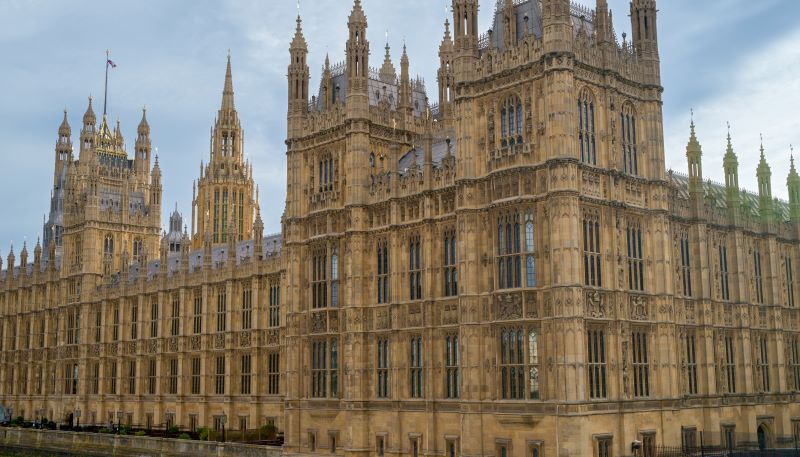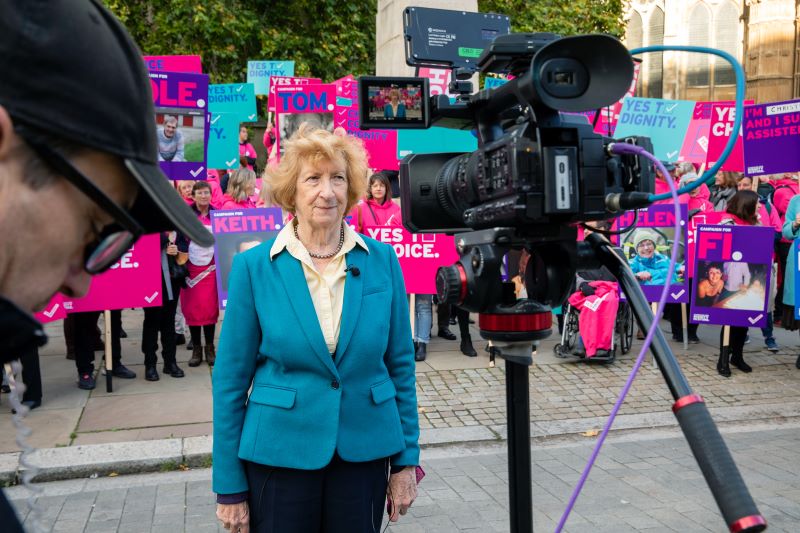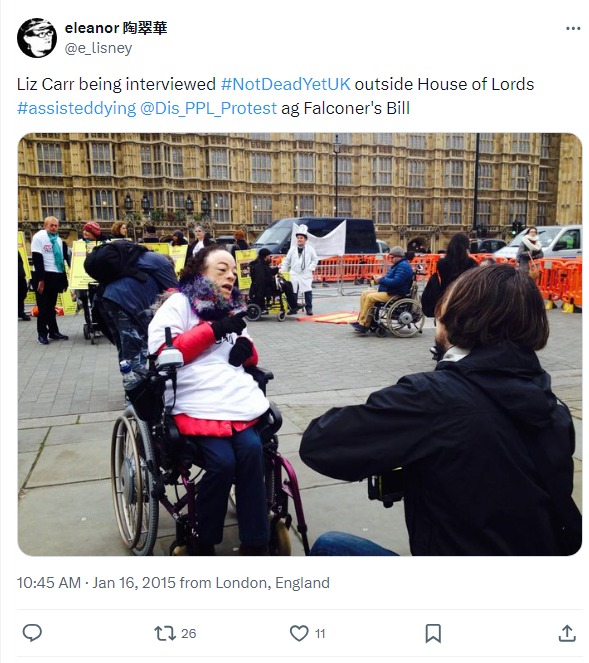The controversial conversation surrounding assisted dying will come to a head in an upcoming parliamentary debate.
To be held in Westminster Hall on April 29, the government will discuss the current legislation regarding this method of intentionally ending a life.
With euthanasia and assisted dying currently illegal in the United Kingdom, the discussion will take place after a petition for a U-turn on current laws attracted over 200,000 signatures.
The scheduled debate, ignited by intense public interest, will revolve around a new bill which, if passed, will allow terminally ill adults to request assistance in ending their own life.
Conditions of the bill state that a patient can only make this decision once it has been approved by two medical practitioners and the High Court.
With growing need for a law on assisted dying, it is important to understand before next Monday what these medical procedures are and why the UK public should prepare for change.
Whilst euthanasia and assisted dying are similar concepts, there are several differences which have led to confusion for members of the public looking for guidance on the subject.
With the bill only relevant to assisted dying, it is crucial to explain the difference between these methods.
Euthanasia is the deliberate act of ending someone's life to take away their pain and suffering and there are five main types:
- Voluntary - An individual requests for their life to be ended (eg a person in a hospice requesting their death to end any pain and suffering they feel).
- Involuntary - An individual may want to live but a medical professional or relative requests their death (eg
an individual is involved in an incident and is expected to die so a family member requests their death in order to avoid further discomfort that the patient may feel). - Non-voluntary - A nominated individual cannot make the decision about their own life so another person does (eg an individual is in a coma and cannot make a conscious decision about their life so a family member does).
- Passive - Life-extending treatment for an individual is withdrawn (eg a patient is taken off life support).
- Active - An individual's death is induced. (eg a patient is given medication with the expected outcome of death.)
Assisted death, on the other hand, is when a terminally ill individual seeks medical assistance to end their own life, but they perform the procedure themselves. For example, someone requesting a lethal amount of medication.
Under this category, there is also assisted suicide, where someone intentionally helps someone else end their life. This can be as simple as helping them access medication and the individual requesting death does not have to be terminally ill.
In the UK, euthanasia is illegal, as it is seen as either manslaughter or murder and it has a maximum penalty of life imprisonment. Passive euthanasia is legally recognised, but that doesn't mean it escapes controversy.
Under the Suicide Act 1961, assisted suicide is illegal and liable of a prison sentence of up to 14 years. Suicide in the UK, however, is not illegal.
Prior to the upcoming conversation that will take place next Friday, there have been several bills taken to parliament in attempts to legalise assisted dying.
In 2013, Lord Falconer proposed the Assisted Dying Bill to allow mentally competent, terminally ill adults to access assisted death after the approval of two doctors. The bill was passed but never reached any further progression after the May 2015 General Election.
In 2015, Labour MP Rob Marris sponsored a bill to grant adults access to supervised assistance to end their life. Members of parliament voted 330 to 118 against the change in law so the bill was rejected.
More recently, Baroness Meacher took to the House of Lords in 2021 where she intended to pass a bill which would legalise assisted dying as a choice for the terminally ill who were over 18. However, the bill ran out of time during its session in parliament and was not picked up again.
Despite changing public opinion and attempts to encourage new law, many people throughout the country see this procedure no matter the type, as an inappropriate and unforgiving form of death.
One individual who stands strongly on the opposing side of legalising euthanasia in the UK is Archbishop of Canterbury, Justin Welby.
Writing for The Evening Standard in 2015 in response to Marris’ bill, Welby stated:
“How can we be absolutely certain that individuals will not be put under considerable pressure to end their lives? Of course, no one is going to march their elderly relative to the GP’s surgery. Pressure can be subtle and might begin years before a terminal illness is diagnosed.
“How can we be absolutely sure that a 'right to die' will not eventually become a 'duty to die'? If assisted suicide was legally available in the UK, can we be assured that an economic evaluation of costly palliative care over inexpensive 'assisted dying' would have absolutely no impact on any subsequent treatment?”
Mr Welby summarised his thoughts on the topic by suggesting that passing a bill on legalising assisted dying would “represent the first step over the edge of a perilous legal and ethical slope.” The prominent religious figure also claimed that “lapses of care” in the NHS could result in breaches of protocols when it came to ending an individual’s life.
Alongside the Archbishop of Canterbury, Not Dead Yet UK is a charity of disability activists protesting against legalising assisted dying.
The organisation uses slogans like "assist us to live not to die" and "choice in life before choice in death" at the centre of their argument.
In their mission statement, they claim: "Founded in 2002, NDYUK was founded by Baroness Jane Campbell, a disabled person with direct personal as well as professional experience of the issues.
"NDYUK is responding to an increasing number of well coordinated campaigns aimed at legitimising the killing of terminally ill and disabled people, which would inevitably result from the removal of legal barriers and the promotion of social acceptance of voluntary euthanasia and assisted suicide."
Despite the opposing side of the euthanasia and assisted death argument having notable parliamentary support, many believe legalisation is a vital human right that will safeguard vulnerable people.
Rebecca Muller is one of the many people hoping for a change in the law.
Living with several medical complications including depression, chronic fatigue syndrome, ADHD and borderline personality disorder, Rebecca believes the current laws do not account for people with her view.
She questions why the medical and legal system are prepared to " helplessly watch their loved ones lose their minds over time to disabilities and mental illnesses that they have proven time and time again they have no wish or desire to attempt to recover from.
"I believe everyone deserves the right to a peaceful death as a basic human right.
"It's time to legalise assisted dying and assisted suicide for any country that claims to value consent and personal autonomy."
With the country fiercely divided over this issue, next weeks debate will be closely followed.
If you have been affected by any issues raised in this article, the Samaritans offer a range of services to help. They can be contacted by phoning 116 123 or heading to their homepage at https://www.samaritans.org/how-we-can-help/contact-samaritan/



